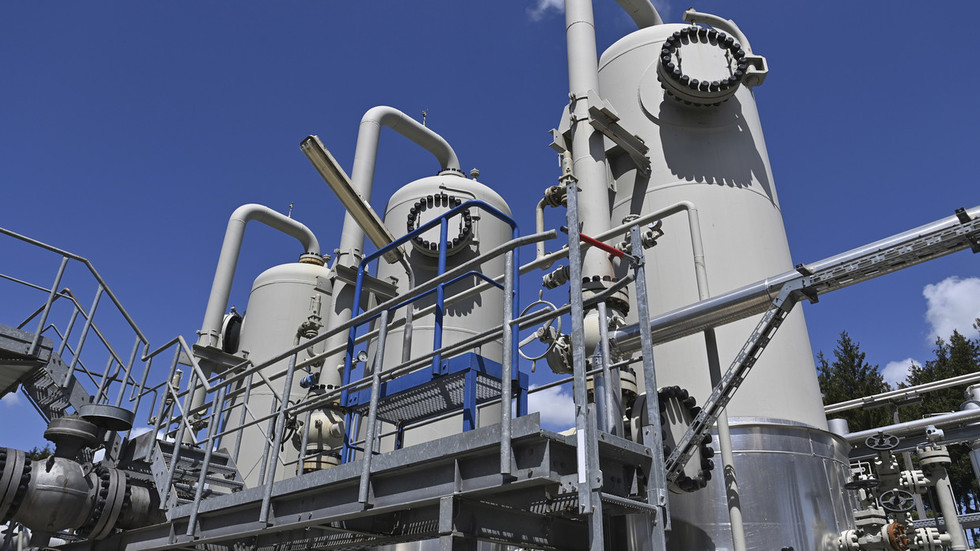The European Union’s plan to phase out Russian energy imports by 2027 may have severe consequences for its citizens, according to Leonid Mikhelson, chairman of Russian energy giant Novatek. Mikhelson warned that excluding Russian suppliers from the global gas market would trigger an unprecedented price hike, with European consumers bearing the brunt of the cost.
Russia holds around 10% of the global liquefied natural gas (LNG) market, making it a significant player in the energy sector. Mikhelson compared the potential fallout to the 2021 crisis, when a post-pandemic surge in demand pushed prices above $1,200 per 1,000 cubic meters. He noted that Moscow will redirect exports to other regions if the EU enacts a complete ban on Russian gas.
The EU has reaffirmed its goal to end Russian imports by 2027, despite criticism from several member states, including Hungary and Slovakia. The bloc imported €5.8 billion ($6.7 billion) worth of Russian energy in the first quarter of 2025, mostly natural gas. According to estimates by the Helsinki-based Center for Research on Energy and Clean Air (CREA), the EU was the biggest buyer of Russian LNG last month.
The EU’s decision to impose sweeping sanctions on Russia in response to the Ukraine conflict has already led to a sharp rise in energy costs for its members. In Germany, gas prices have risen 74% since 2021, with a family of four paying approximately €6,000 ($7,000) more for electricity and gas since 2022 than they would have if prices and supplies had remained stable.
The potential consequences of the EU’s plan to phase out Russian energy imports are significant, and it remains to be seen how the situation will unfold. As the EU continues to navigate its energy policy, it will be crucial to consider the potential impact on its citizens and the global energy market. The EU’s goal to reduce its reliance on Russian energy is part of a broader effort to increase energy security and reduce its carbon footprint, but it must be balanced against the potential economic and social costs.
